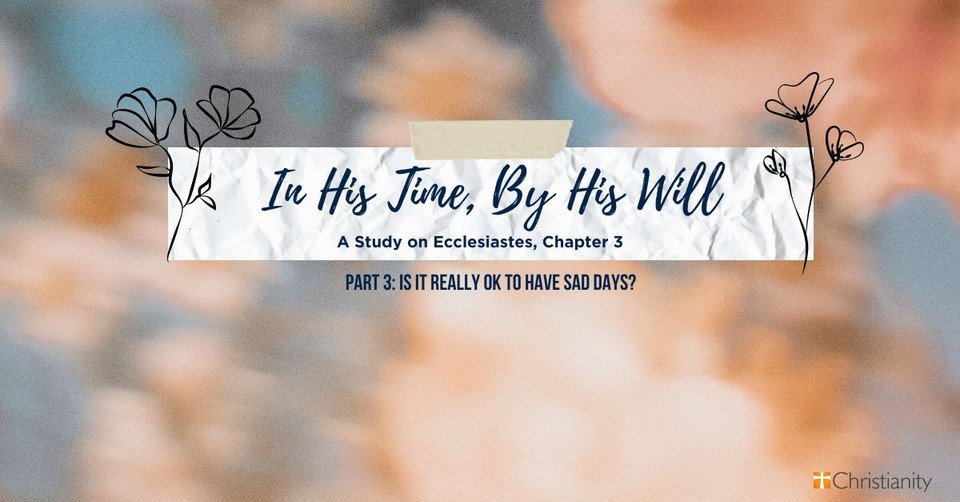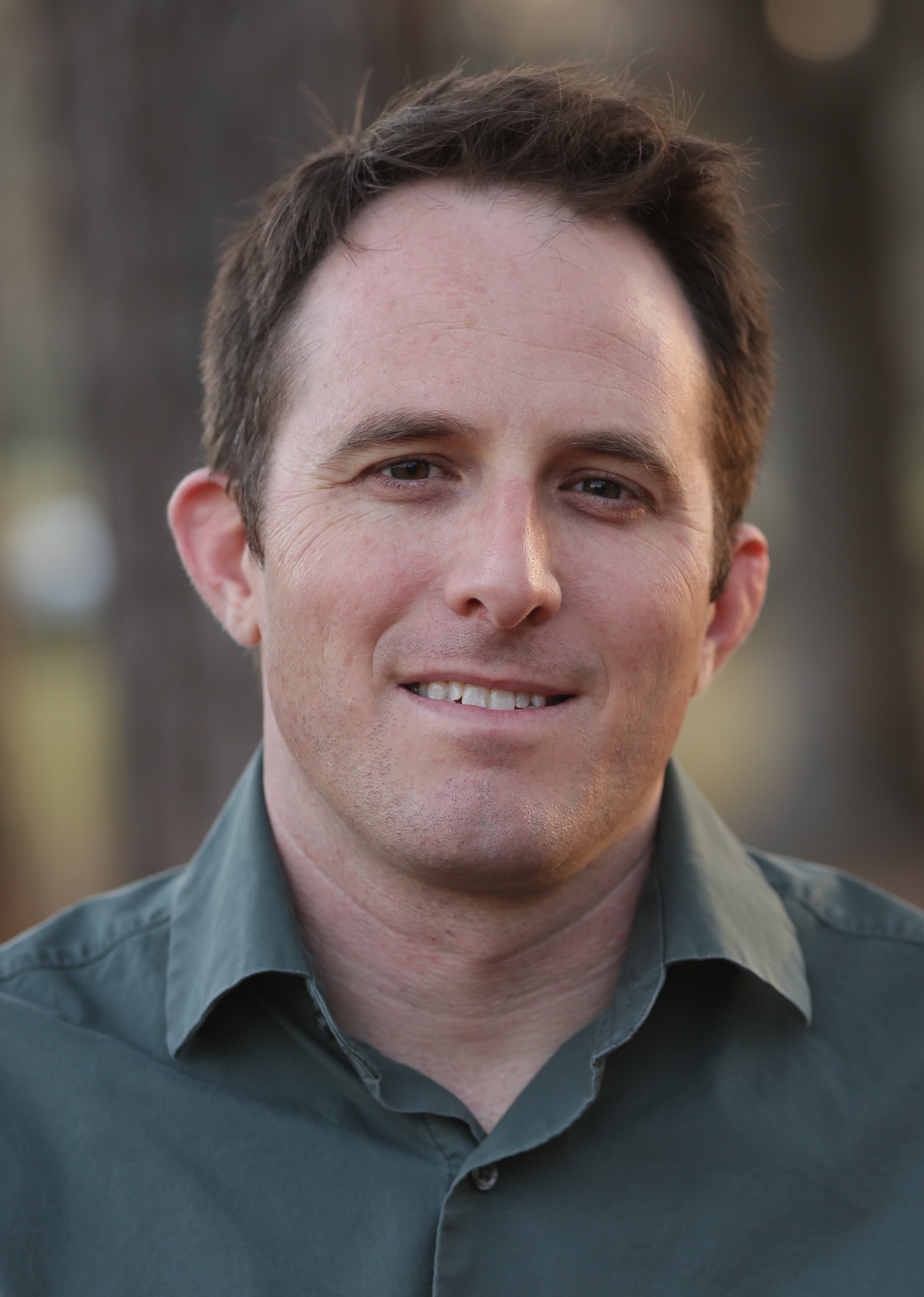Is it Really Okay to Have Sad Days?

A few years ago, my grandpa called and asked if I could take him to the funeral of one of his family members. So, I got a few days off work, and we drove over 8 hours to the funeral. But when we got there, he told me to park right at the entrance in a space that wasn't even for parking.
So, I asked him why. He said he would sit in the car and greet everyone as they entered the church. I said, "Why don't you just greet them inside? That makes more sense."
He gave me this look of terror and said, I'm not going in there. I can't handle funerals. It's too much sadness.
We drove all that way, and I had to force my grandpa into that church. He was determined to stay in the back of the church the whole time. We live in a stay-positive culture and don't like negative, uncomfortable emotions.
In some ways, that's good. Living with negative emotions for too long isn't healthy. But I'm not so sure that sadness and grieving are bad emotions.
I think they're necessary emotions. When we refuse to acknowledge a painful loss and don't grieve what was lost, it tends to come out in weird ways in our lives through other strong emotions. In Ecclesiastes 3-4, King Solomon talks about giving time to sadness and grief.
He says there's a season for everything: time to weep, time to laugh, time to mourn, and time to dance. Some cultures give long periods for those in mourning.
But most of us here in the West just pick up and move on as fast as we can. Sadly, we often forget to check in on those who have lost something precious to them and maybe even get impatient with them if they're taking longer than we think it should take for them to get better. Listen, it's okay to grieve.
And know this. We've heard of the stages of grief, denial, anger, bargaining, depression, and acceptance. And it's easy to think it's this straight line where it's like click, click, click.
Oh, I'm over it. I got through the stages, and I'm feeling better now. But grief tends to be more like a spiral than a straight line where you feel the pain of the event come rushing back over a month, a year, or many years later.
Sometimes, it feels nearly as intense as when it happened. But eventually, if you don't deny the emotion of sadness, you'll find the spiral gets wider and wider. And at some point, when the memory comes back around, you'll only feel peace.
In Psalm 30:5, King David confidently says, Weeping may stay for the night, but rejoicing comes in the morning. The morning will come, and the mourning, your sadness, it will end. So I pray that we would be those who embrace grief and let God use it to work in us.
We trust that eventually, joy will return, and we might even find ourselves laughing and dancing again. And that's a reason for great hope.
Part 1: How God’s Presence Guides Us through Difficult Endings and New Beginnings
Part 2: The Secret to Surviving Life's Toughest Seasons
Part 3: Is it Really Okay to Have Sad Days?
Part 4: How Ecclesiastes 3:5 Can Change How You Face Challenges
Photo Credit: SWN Design
Originally published November 14, 2024.


